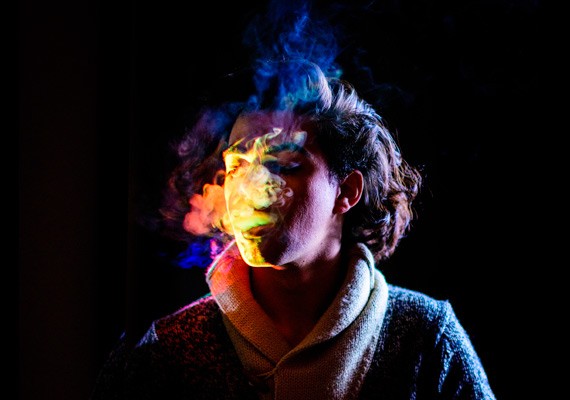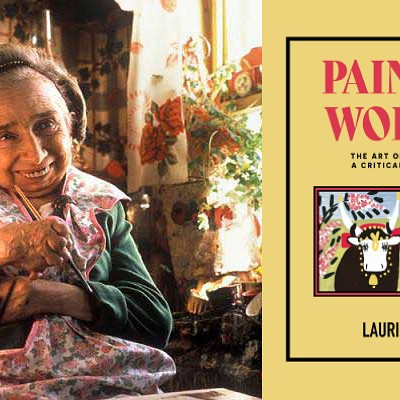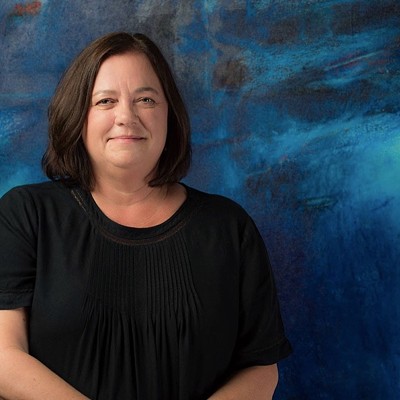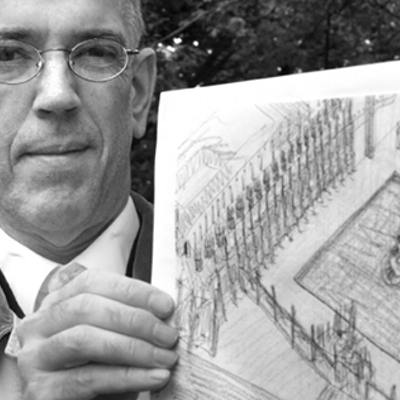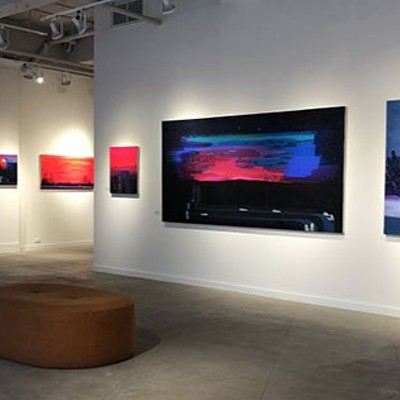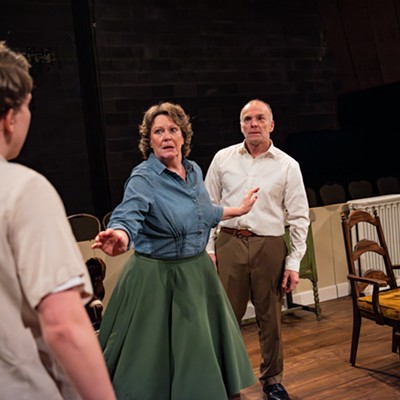"I left Lebanon being very distant from Arabic culture," says 20-year-old filmmaker Raghed (Ray) Charabaty, who moved to Halifax from the mountains outside of Beirut to study film and art at NSCAD in 2012. "I wanted to focus on this new person I could be.
"Until I realized that you need to go back to your roots and own your identity, so I went to Lebanon before making Alia to make peace with my culture and who I am as an Arab. What I disliked was the years of destruction, so I translated that idea into the film."
Last year, Charabaty wrote, directed and edited Alia, a five-minute expressionistic, visually rich Arabic-language short about the start of the Lebanese Civil War (1975-1990). "It's about the Lebanese people making peace with the beautiful things that existed before the war. And then me, making peace with my Arab identity," he says. The film earned Charabaty the $5,000 Starfish Student Art Award for 2015, a high honour for his work.
Alia premiered at the Halifax Independent Film Festival, made the program for the Atlantic Film Festival and then screened in seven other cities, including Cairo, LA, Berlin and Beirut. The film won a cash prize at the Festival du Nouveau Cinema in Montreal and then, last month, won runner-up at Canada's Top Ten Film Festival—hosted in Toronto by the Toronto International Film Festival, which will host a Halifax screening in May.
Charabaty's film tells the story of the beautiful Alia, a symbol of Lebanese culture and remembrance, through Arabic poetry and evocative images, including his experimental use of cloud-like coloured inks in water to replicate explosions, a stunning technique that worked with his film-student budget. "Film allows for this kind of experimentation. It allows you to see things that don't just add to narrative beats but emotional beats," he says.
Now working on his thesis film, Deema, a companion piece to Alia that will use his mother's Arabic poetry to show the relationship between a Lebanese man and a Syrian woman, Charabaty is honing his skills as an editor. "For me, editing is the craft," he says. "In terms of the whole production, that's when I get the raw material, but editing is where the story comes on its own and it's based on what feels good."
As a filmmaker, he says he's influenced by the visual elements of films by Lars von Trier (particularly the idea of the sublime), the 2007 Lebanese feature Caramel and even Middle Eastern soap operas: "What I have picked up is how romance can be the undercurrent of the action, but in a way that's emotions rather than relationships, how the main character feels and how everything you see in the piece is there for a reason," he says. "Even if people don't realize at first, it adds to the film's coherence as an art piece."
Charabaty is surprised by the enthusiastic reaction to Alia. "It's a third-year student film on a very small budget, competing with films with thousands of dollars for budgets, from all over the world," he says. "And it's from an art school background, not a film background. I think that is a token to the film program and what film programs at art schools can do."

